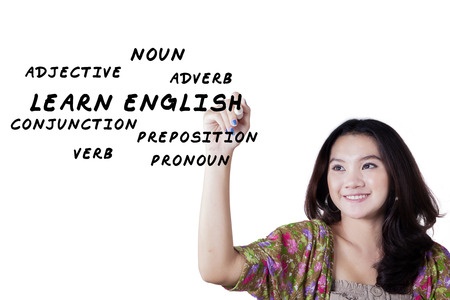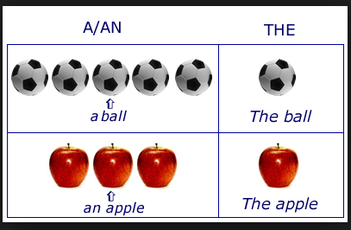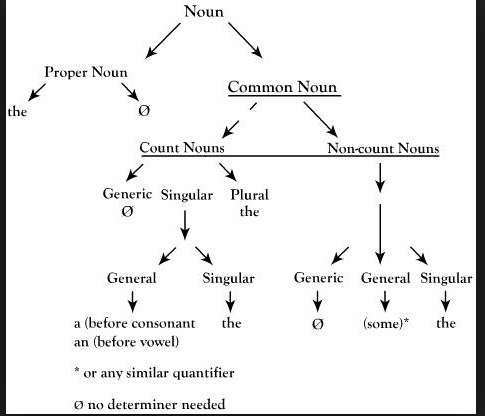|
Americans use contractions frequently in everyday speech, conversation, formal written language, and all types of communication. Contractions aren’t slang or for informal use, they’re standard American English. Using contractions rather than the other language forms is one way to make your speech sound more American. But sometimes the combinations of sounds in contractions can be difficult to pronounce if you have certain accent patterns, such as consonant cluster deletion or final consonant deletion. Practice contractions by themselves and in short phrases to get used to using them in your speech, and to pronounce them correctly.
instead of I am, he is, etc. say I’m, you’re, he’s, she’s, we’re, they’re instead of I would, he would, etc. say I’d, you’d, he’d she’d we’d they’d Instead of I have got, he has got, etc. say I’ve got, you’ve got, he’s got, she’s got, we’ve got, they’ve got instead of can not, do not, etc. say can’t, don’t, won’t, shouldn’t, couldn’t, wouldn’t instead of I have not, he has not, etc. say I haven’t, you haven’t, he hasn’t, she hasn’t, we haven’t, they haven’t instead of I am not, he is not, etc say I’m not, you aren’t, he isn’t, she isn’t, we aren’t, they aren’t instead of I will, he will, etc, say I’ll, you’ll, he’ll, she’ll, we’ll, they’ll Interested in hearing how these contractions sound in the standard American accent? Try our SMART online practice.
0 Comments
In some cases, the same word can be a noun or a verb. We pronounce it differently depending on which way we are using it. A rule that applies to some of these words is that the stress falls on the first syllable when it is a noun, such as in the word produce: The produce is fresh at that store. The stress falls on the second syllable with the word is used as a verb: They produce microchips in Silicon Valley. Because the stress pattern is different, the vowel will also sometimes change. We use a vowel schwa (sounds like "uh" as in "cup") to mark an unstressed syllable. Listen to the example below:
Notice how in the first sentence, produce sounds like pro-dooce, but in the second sentence, it sounds like pruh-dooce. We call this vowel clarity - the stressed syllable retains its vowel, whereas the unstressed syllable is reduced to a schwa vowel. In addition, notice how the first syllable in the noun is much longer than in the verb. We use a longer vowel on a stressed syllable than an unstressed syllable. Try some of these phrases, making sure to use a long, clear vowel on the stressed syllable.
When in doubt, it's a good idea to check the pronunciation using an online dictionary.
Like this video? Subscribe to our S.M.A.R.T. Video Course!
Have you heard the expression, "A simple yes or no will do?" We say this when someone is giving us more information that we really wanted to know, or delivering a lecture when all we wanted was an answer. In a recent study, it turns out that the words "yes" and "no" are not as simple as you would guess. For example. in English, we can answer the question "you haven't fed the cat yet, have you?" with "no, I haven't," or "yes, I haven't." These patterns are present in other languages, as well. You can read more about the study here.
One of the challenges of speaking English is making sure to use the "little words" correctly: articles, prepositions, and other grammatical markers. There are many other languages that don't use articles (a, an, the), so it can be hard to remember them and to know which one to use. These words are frequently unstressed in the sentence, which means they are also harder to notice when listening. But if they are absent, it is very noticeable.
You can learn more about how to use articles correctly here. English prepositions have specific meanings in some contexts (out: from the inside to the outside of something), but how do you know which preposition to use in a verb phrases? Errors in prepositions are common for non-native English speakers, because they are idiomatic and don’t necessarily follow a logical pattern. Beyond memorizing, how can you figure out which word to use? Don't stress out, there are ways to figure out what's up. Over the long run, reading, listening for prepositions when talking with native speakers or watching tv or movies, and practicing their use will get you most of the way. When you learn a new verb, adjective or noun, find out which prepositions are used with it and learn them as well. When you encounter an immediate question, ask a native speaker, or use a learner’s dictionary that lists the prepositions together with the word in question. Some useful resources are Longman Dictionary of Contemporary English, the Oxford Advanced Learner’s Dictionary and the Collins Cobuild Dictionary. Online, you can use http://www.learnersdictionary.com/ or http://www.ldoceonline.com/ to help you know which is the correct preposition. Don't worry, you'll get the hang of it in no time!
|
Subscribe to this blog:
Categories
All
Archives
March 2021
Copyright 2020
Christine Dunbar Have Questions?
Get A Free Consultation We offer a free 30-minute phone consultation. Schedule yours now. |









 RSS Feed
RSS Feed



